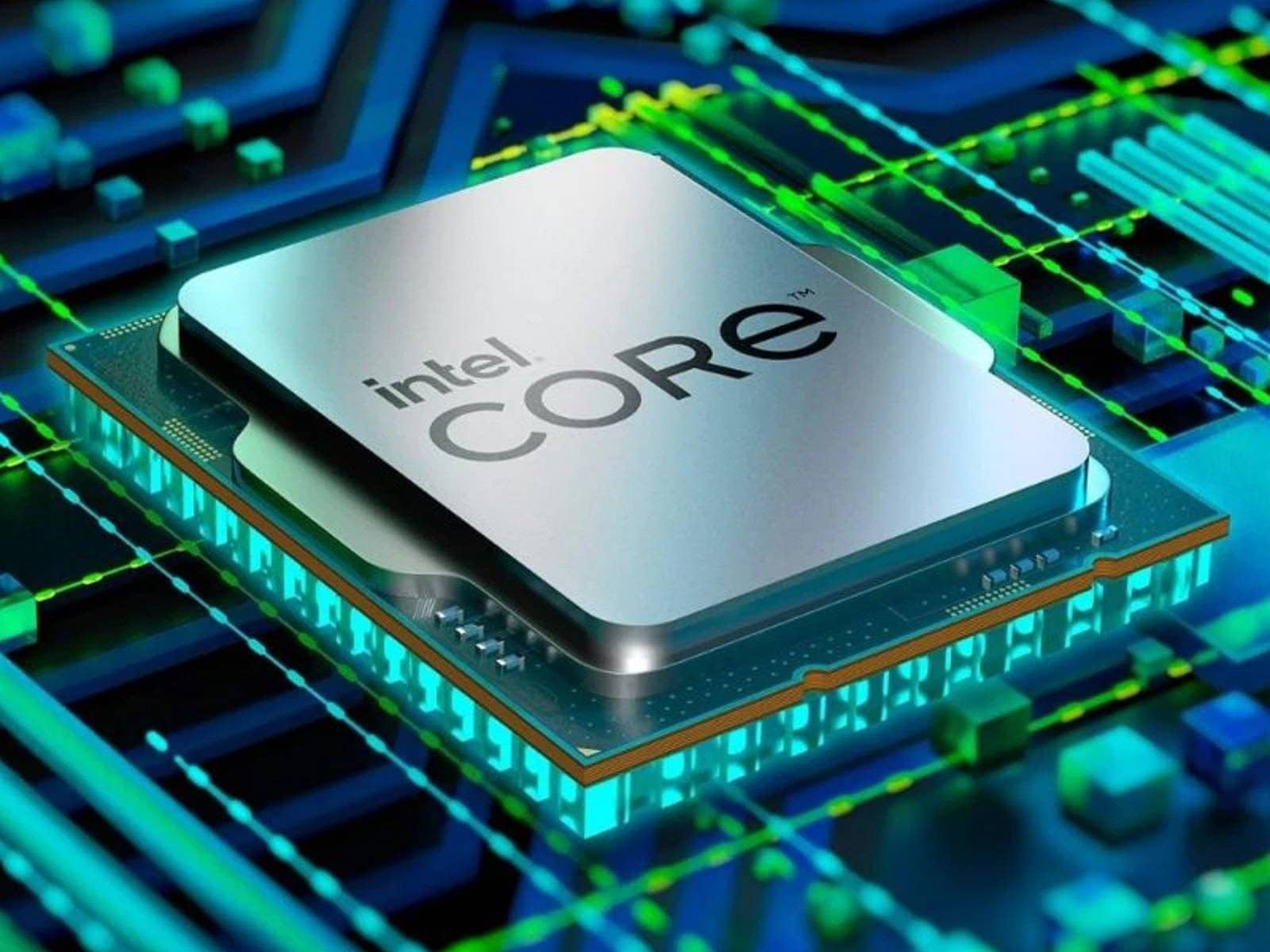Thousands of jobs will be slashed at Intel as the PC industry slows.

According to reports, Intel intends to eliminate thousands of employees globally. Despite making significant investments in infrastructure over the past 18 months, the US chipmaker is now planning to decrease its staff as the demand for PCs declines.
The first to report on the layoffs at Intel was Bloomberg, which claims they might happen as soon as next month. Approximately 20% of the company’s personnel, including divisions like sales and marketing, will be impacted, according to the article, which cited sources with knowledge of the issue.
Job layoffs at Intel may hinder the company’s expansion strategy.
After falling behind South Korea’s Samsung and Taiwan’s TSMC in the manufacture of cutting-edge chips, Intel has been attempting to catch up in the semiconductor industry. At the same time, previously key clients like Apple have begun to create their own silicon. Meanwhile, AMD and Arm-based CPUs from companies like Ampere Computing are eroding their market dominance in the server sector.
For some time, Intel has been pursuing a plan known as IDM 2.0, which will see it produce chips for third parties in mass for the first time since CEO Pat Gelsinger returned to the business in 2021. This is an attempt to unseat TSMC, which at the moment is in charge of contract chip manufacturing.
To support these initiatives, Intel has declared its intention to construct several new semiconductor foundries, or fabs, in the US as well as to significantly increase its investment in Europe, with a cutting-edge chip manufacturing facility slated for Germany. The business has profited from US and European laws governing semiconductors, which might put it and its rivals in line for significant subsidies.
In a note to the team on Monday, Gelsinger said that the business will use an “internal foundry” strategy for the manufacturing of both its chips and those it produces for outside clients. He said that an “IDM 2.0 acceleration office” was being established within the organization to implement this new operating paradigm.
Gelsinger stated that we will be able to produce the competitive cost structure and predictable cadence of leading goods that are crucial to our success if we adopt an internal foundry approach.
The PC market’s slowdown affects semiconductor manufacturers
TSMC and Samsung have also announced significant fab-building plans in response to the global chip shortfall, so Intel is not the only business to do so. However, these plans could be cut back as a result of the conflict in Ukraine, the global economic crisis, and the decline in chip demand.![]()
Demand for PCs is declining as finances become more constrained globally. According to Gartner, the third quarter of 2022 saw the biggest reduction in computer shipments since the mid-1990s, as reported by Tech Monitor yesterday.
AMD, another business that has suffered, announced quarterly revenue of $5.6 billion last week, far less than the $6.7 billion predicted. AMD attributed this to “significant inventory correction operations across the PC supply chain and worse than the expected PC market.”
“With economic activity slowing, credit tightening, and a significant amount of PC purchases already made in the past 1-2 years by both consumers and businesses, it shouldn’t be surprising to see a steep, but probably brief downturn in PC demand,” said Daniel Newman, principal analyst at Futurum Research. “This research, as well as recent results shared by AMD, highlights this.”
PC sales are declining, which is hurting IT.
Inflation and the pandemic’s recovery are hurting businesses that rely on the sale of personal gadgets. The personal computer industry’s supplier, Intel Corporation, reported a 25% drop in revenue for the most recent quarter. Sales of PC chips account for the majority of the company’s earnings. Intel’s stock dropped 8.8% on; the future doesn’t appear to be ready to get better. The data analytics company Gartner predicts a 9.5% decline in PC shipments worldwide this year.
According to a recent statement by Ranjit Atwal, senior director analyst at Gartner, “a perfect storm of geopolitical upheaval, high inflation, currency fluctuations, and supply chain disruptions has lowered business and consumer demand for devices across the world and is set to impact the PC market the hardest in 2022.” According to Gartner, the demand for consumer PCs is expected to fall 13.1% this year.
The Consumer Technology Association predicted earlier this month that sales and shipments in the technology sector in the United States will decline by 0.2%, or $1 billion, in 2022. This forecast is lower than the record-breaking increase of 11.6% for 2021.
The consumer electronics retailer Best Buy Co Inc (NYSE: BBY) anticipates same-store sales would decline 11% in fiscal 2023, which is worse than the earlier forecast of a decline of 3% to 6%. It also predicted a 13% decline in same-store sales for the second quarter. Corie Barry, CEO of Best Buy, stated earlier this week that “customer demand within the consumer-electronics industry has fallen even further as rising inflation has continued and consumer mood has deteriorated.” Shares of Best Buy decreased by 0.7%.
As the epidemic made work and education for many people a distant experience, consumers stocked up on PCs, laptops, and other personal electronic gadgets in the previous two years, but that demand wasn’t anticipated to endure. Nevertheless, growing inflation is also placing pressure on consumers to make decisions at the shop, delaying the purchase of luxury products like TVs and laptops while allocating more of their budgets to basics like food.
According to the CTA, spending will change to smart homes and health gadgets. It predicts a 3% increase in hardware sales for smart home gadgets this year, particularly for those that regulate outlets, thermostats, and lights. Sales of health technology, including smartwatches and fitness trackers, are expected to increase by 4%, according to the CTA.




